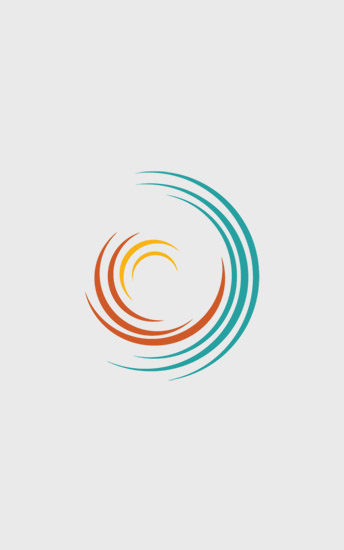Queer Liberation Theologies
What does «liberation» mean to queer individuals and communities? How do Christian traditions worldwide relate to queer issues and queer believers? For the last twenty years queer theologians and communities have been developing contextual theologies in order to challenge and critique the ingrained heteronormativity in theological thought, spiritual practices, and institutional governance. Drawing from an interdisciplinary perspective, the course aims to examine and explore the development of queer theologies in the specific contexts of Africa, Asia, and Latin America. The focus of the course is intentionally non-US centered in order to offer future ministers, scholars, and activists tools to collaborate and interact with experiences, key topics, and thinkers within the complex and yet fascinating world of queer liberation theologies, thus, enriching their worldview and praxis glocally.
The target audience is both MA and MASC students. For this course students are expected to develop a final project that should make evident the learning achieved during the semester.
The course fulfills the following thresholds: Thresholds: 2. Prophetic Witness and Work; 3. Sacred Text and Interpretation; 4. History of Dissenting Traditions and the Thea/ological Quest; 6. Thea/ology in Culture and Context; and 7. Educating for Wholeness and Liberation.
The course also complies with the following MFCs: 4. Social Justice in the Public Square; 6. Administration; and 7. Leads the faith into the future.
[Enrollment Max: 20. Auditors excluded.]

